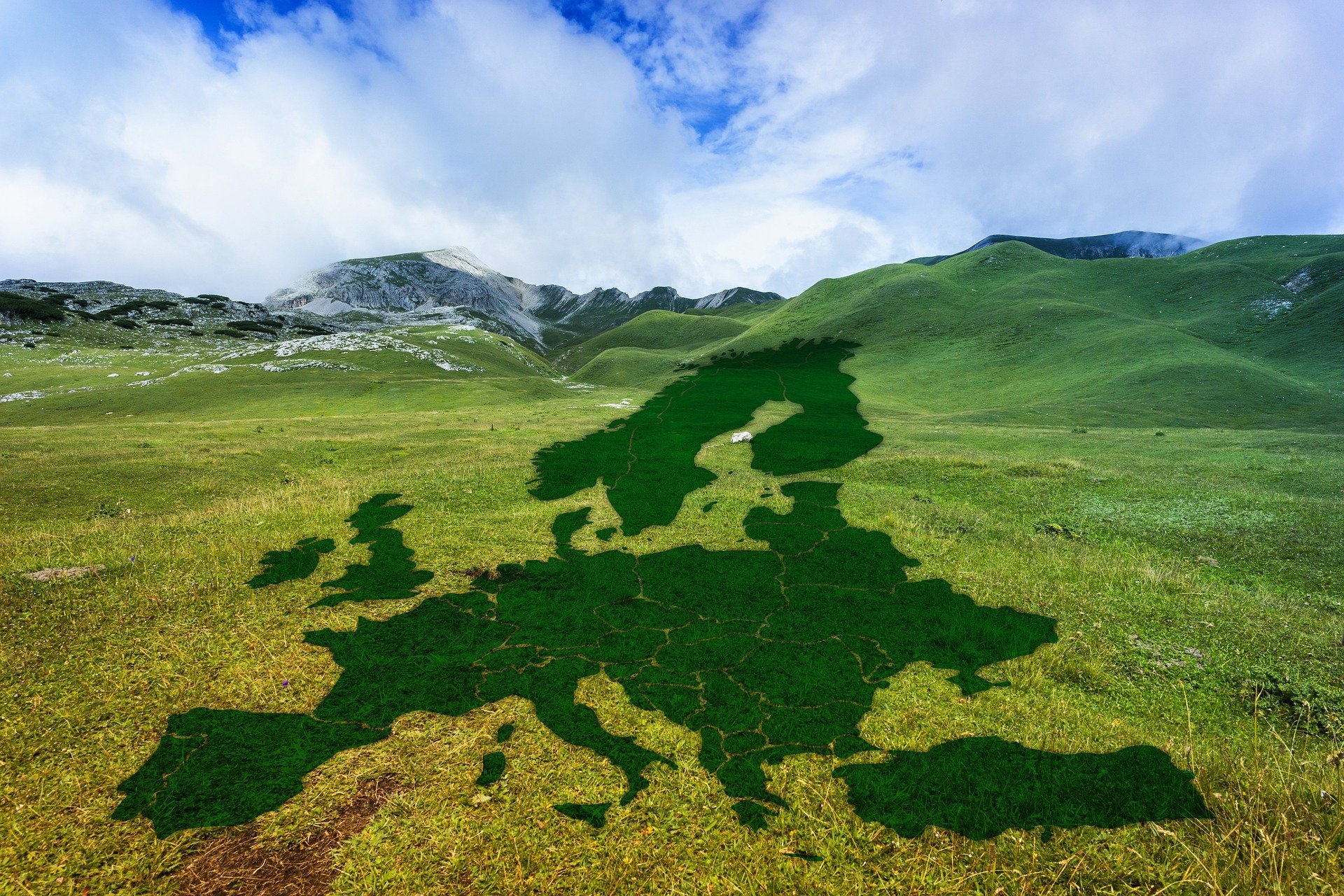Understanding the feedbacks between climate change and the global economy
Ignasi Cortes
An ecological, Post-Keynesian modelling approach for the European Green Deal
Economic activity generates carbon emissions that accelerate climate change. Rising temperatures will eventually lead to climate damages that deteriorate our economic system, putting the livelihood of millions at risk. The purpose of our analysis is to assess how this feedbacking dynamic develops until the end of the century. To do so, we have used a macroeconomic stock-flow consistent model of the global economy called DEFINE, which is based on post-Keynesian and ecological economics principles. DEFINE explicitly includes an ecosystem with finite natural resources, an extensive macroeconomy featuring five main actor clusters (households, firms, banks, government and central banks), and a financial system. Furthermore, we have operationalised the economic policies of the European Green Deal and used them as an input to the model. Using environmental and macroeconomic performance indicators, we have assessed the effectiveness of these policies in achieving sustainable growth and keeping global temperature change within 2ºC by 2100. In our analysis, the European Green Deal fosters the decarbonisation of the economy, but in its current form is not sufficient to keep global warming within the 2ºC target.

